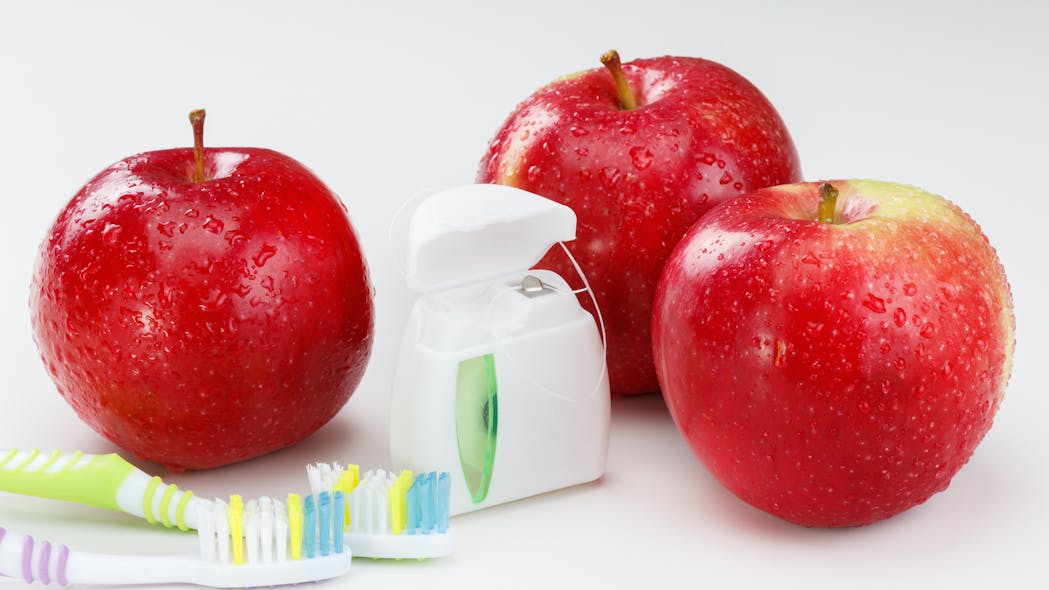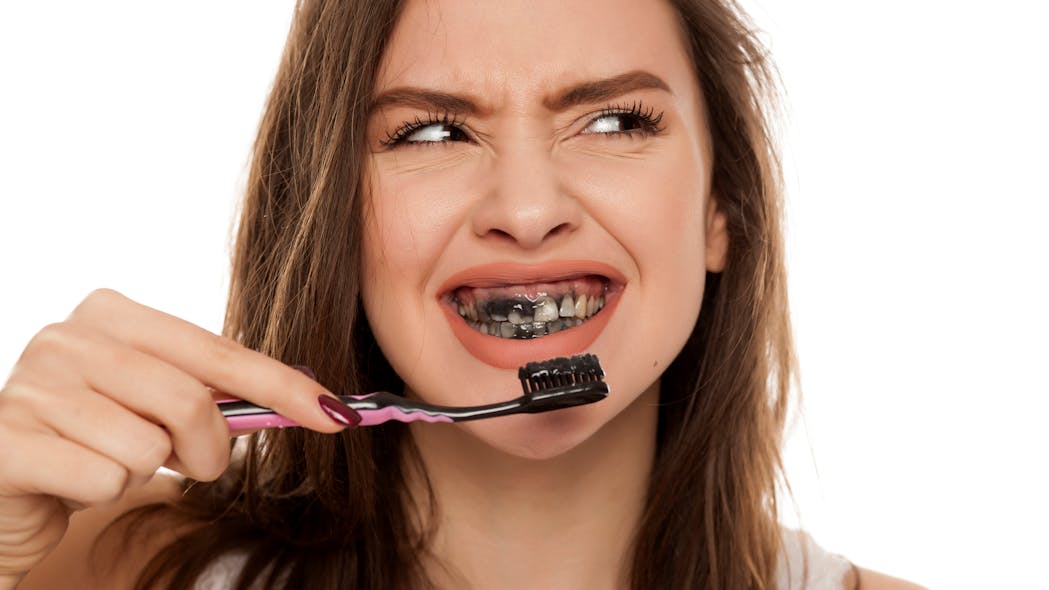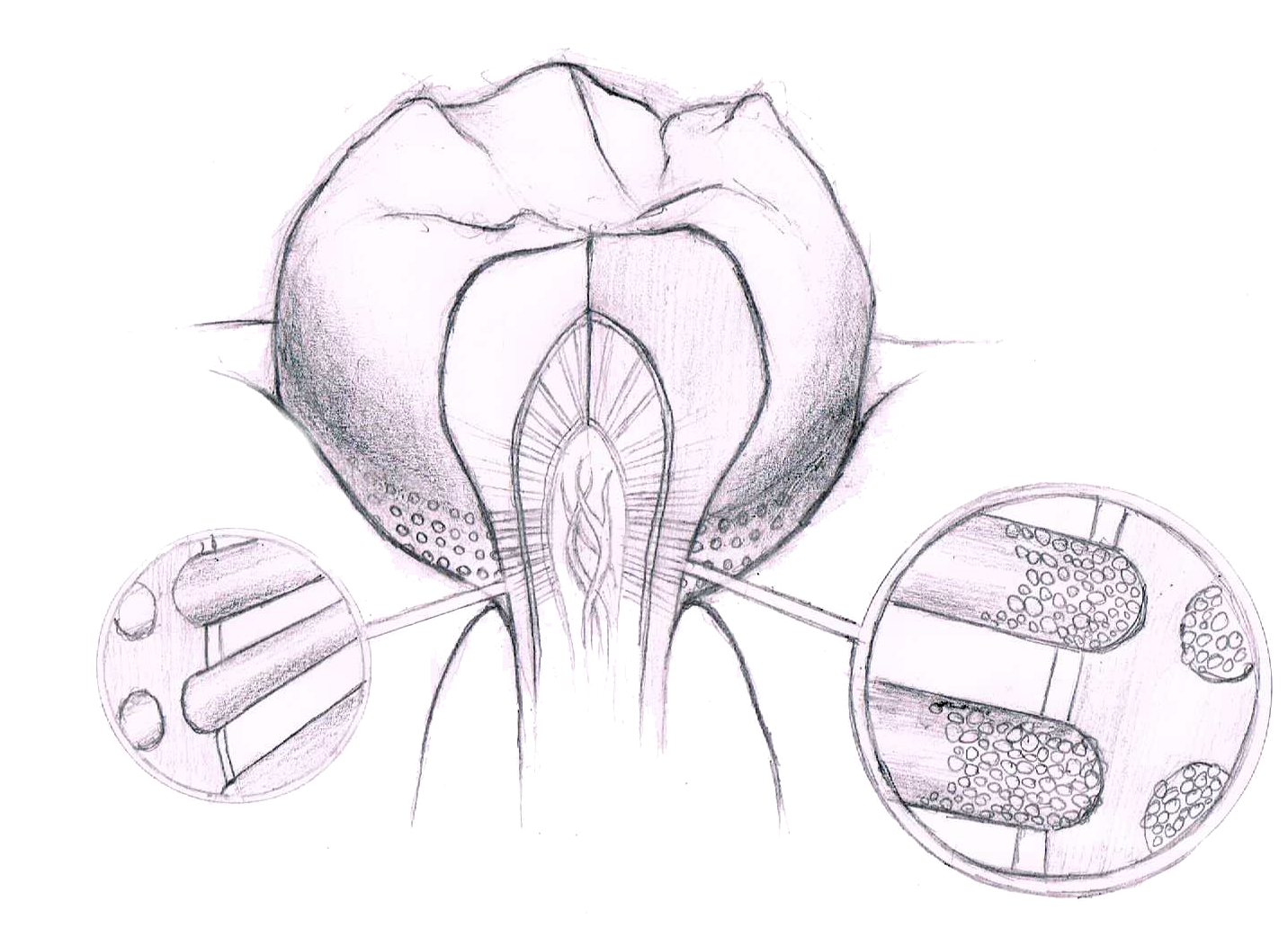5 surprising ways to improve your oral health
If you’re someone who brushes twice a day, flosses regularly, and never misses a dentist visit, you may think you’re doing all you can for your oral health. However, there are actually numerous other ways to improve your oral hygiene—and some of them are quite surprising.
Since oral health is linked to your overall health, practicing good oral hygiene is instrumental in the prevention of disease in other areas of your body, including your heart and lungs. So in order to maintain good overall health at any age, you should be looking after your oral health.
Here are five surprising ways to enhance your dental routine.
1. Use an electric toothbrush
When it comes to oral hygiene, there is perhaps nothing more important than regularly brushing your teeth. However, not all toothbrushes are equal—in some studies, electric toothbrushes have been shown to be more effective than manual toothbrushes.
One long-term study found that electric toothbrushes were superior to manual toothbrushes at removing plaque, preventing gum disease, and reducing tooth decay. This is due to the vibrating mechanism and movement, which provides a deeper clean and can reach more areas in your mouth.
Many electric toothbrushes have a built-in timer, too, meaning you may end up brushing longer than you otherwise would have.
While electric toothbrushes were expensive when they first came out, the price has really come down in recent years. You can find rechargeable toothbrushes for less than $20 at most big-box retailers or online. With proper care and regular replacement of the brush head, the toothbrush can last for years.
2. Brush your tongue
Most people are aware of the importance of brushing their teeth. However, did you know that you should be brushing your tongue, as well? The tongue is home to numerous types of bacteria that can spread to your teeth and gums. While some bacteria on your tongue are benign, some can not only be harmful to your oral health but also your overall health.
Not brushing your tongue puts you at risk for health conditions including halitosis, yeast infections, and periodontal disease. While halitosis, or bad breath, may not be a serious concern, periodontal disease could put your oral health at risk. It can lead to inflamed gums, tooth decay, and even tooth loss. So to be on the safe side, you’ll want to be sure you’re regularly giving your tongue a good scrub.
To effectively brush your tongue, put a small dab of toothpaste on your brush and gently brush your tongue back and forth with your toothbrush. Another option to keep your tongue clean is to use a tongue scraper, which is a metal or plastic tool that can be particularly effective at removing particles and bacteria.
3. Eat certain sugary foods
Wait, that should say don’t eat sugary foods, right? Not necessarily!
When it comes to oral health, just like not all toothbrushes are equal, not all sugars are equal either—by eliminating all types of sugar to improve your oral health, you may end up doing more harm than good. This is because some types of natural sugar are found in foods that can actually benefit your oral health.
Although certain types of fruits, such as apples and pears, have high sugar content, the fiber stimulates the gums and induces salivation, which can promote good oral health. Other types of sugary fruits that can benefit oral health are ones that are high in antioxidants, such as berries and citrus. Antioxidants have various oral health benefits, including repairing cells, reducing inflammation, and boosting your immune system.
While foods containing refined sugars such as soda, cookies, and candy can be harmful to your teeth and gums, you don’t need to avoid sugar entirely. Consuming a whole-food diet with plenty of fiber and nutrients will be more beneficial long-term than avoiding all sugar outright.
4. Consume vitamins and minerals
Vitamins are essential for our bodies to work properly and stay healthy. However, they aren’t just beneficial for general health. Studies show that proper nutrition and adequate levels of certain vitamins can help promote good oral health.
Some vitamins, such as vitamin C, vitamin B, and vitamin D are particularly beneficial, as they can prevent gum disease, tooth loss, and oral inflammation. Two important minerals for oral health are calcium, which can help you maintain strong teeth, and zinc, which helps fight bacteria.
So to help ensure good oral health, you need good general health as well—and consuming proper nutrients is one of the best ways to do that. If you are not able to get all the required vitamins and minerals through diet, supplements are another option. (Talk with your doctor before starting any supplements.)
5. Chew gum
If you’re someone who enjoys chewing on gum throughout the day, we have good news for you—it may help improve your oral health. In fact, the American Dental Association (ADA) recommends it as part of a healthy oral home care routine and has even put its seal of approval on certain types of sugar-free gum.
The reason chewing gum can promote good oral health is because it increases salivation, which then can strengthen tooth enamel, rinse away bacteria, and prevent cavities. However, chewing gum should not be a substitute for regular brushing and flossing.


 Among the most frequently asked questions is “does teeth whitening damage the enamel?” The conclusive answer is no,
Among the most frequently asked questions is “does teeth whitening damage the enamel?” The conclusive answer is no,